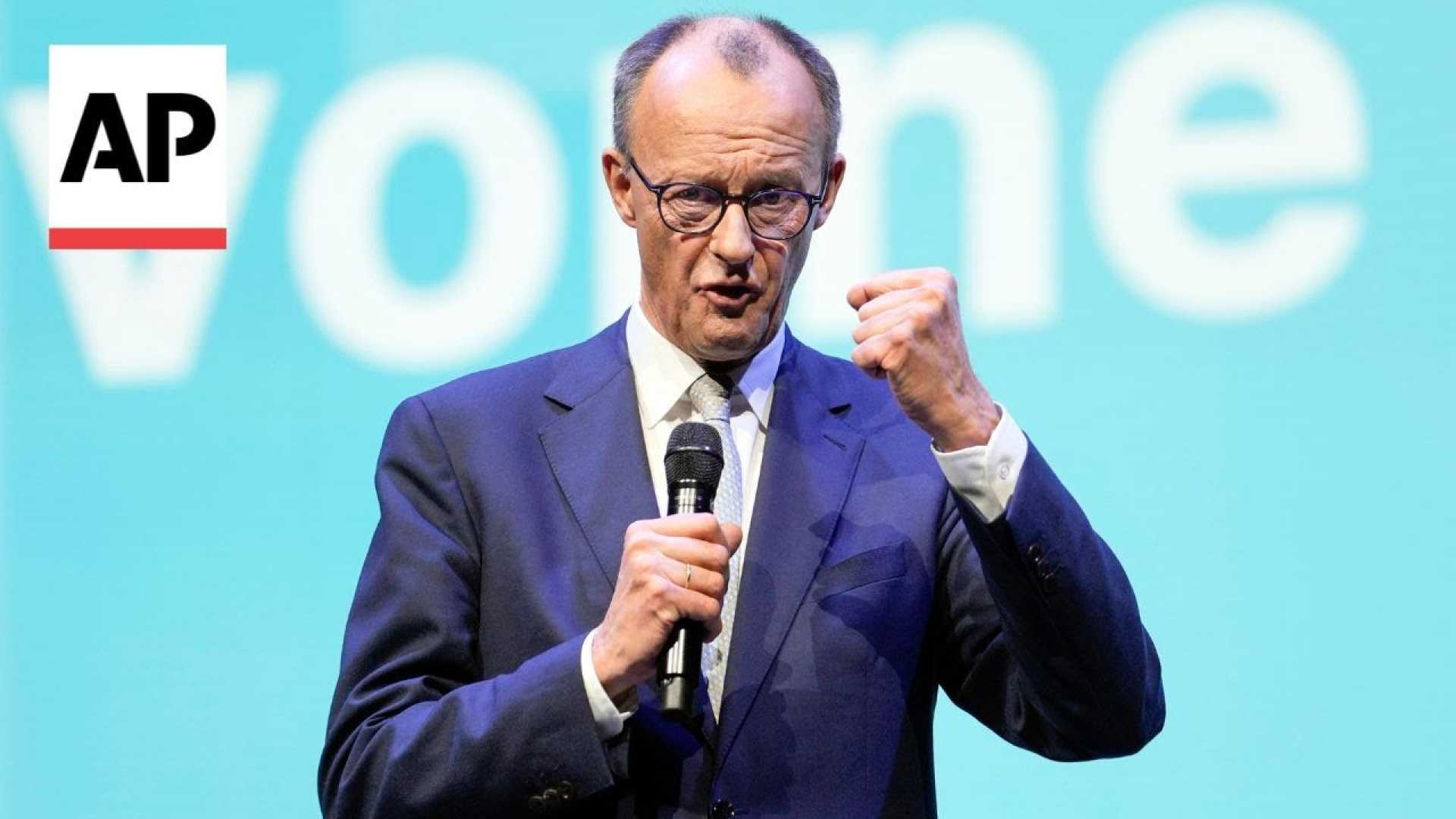Politics
SPD Leaders Accuse Merz of Division Ahead of Election

BERLIN, Germany — Leaders of the Social Democratic Party (SPD) are criticizing Union Chancellor candidate Friedrich Merz for fostering division in German society as the election campaign approaches its conclusion. SPD Chairman Lars Klingbeil voiced his concerns in a post on X, stating, “Friedrich Merz deepens the divides in the democratic center of our country in the final stages of the election campaign.”
SPD General Secretary Matthias Miersch echoed these sentiments, calling it the low point of the campaign. “Instead of uniting, Friedrich Merz chooses to create further divides. This is not how someone aspiring to be Chancellor for all speaks – this is the rhetoric of a mini-Trump,” he emphasized in remarks to the German Press Agency (dpa).
The SPD leaders’ comments were in direct response to Merz’s speech during the Union’s campaign finale in Munich, where he disparaged protests against the Union’s migration policies. He noted, “Many of our events can only take place under heavy police protection, just like this one.”
Merz also sparked controversy by questioning the presence of left-wing protest groups during times of right-wing violence, specifically referencing the assassination of Walter Lübcke, a CDU politician who was shot in 2019. “Where were they when Walter Lübcke was murdered by a right-wing extremist?” he asked, igniting further debate about the responses to far-right violence in Germany.
Miersch countered Merz’s statements, asserting that those who seek to end leftist politics effectively dismiss the concerns of millions. “Such rhetoric is not that of a Chancellor but of a demagogue,” Miersch stated.
In addition to his criticism of leftist politics, Merz proclaimed, “Left is over. There’s no left majority and no left politics in Germany anymore.” He asserts that the Union will focus on policies benefitting the majority of the population, while dismissing “green and left-wing crazies.”
As political tensions escalate ahead of the election, the SPD’s vocal opposition to Merz’s approach underscores deepening divides within the political landscape. The fallout from these comments continues to ripple through social media, with several users questioning the implications of Merz’s statements about Lübcke and the broader context of violence in Germany.












